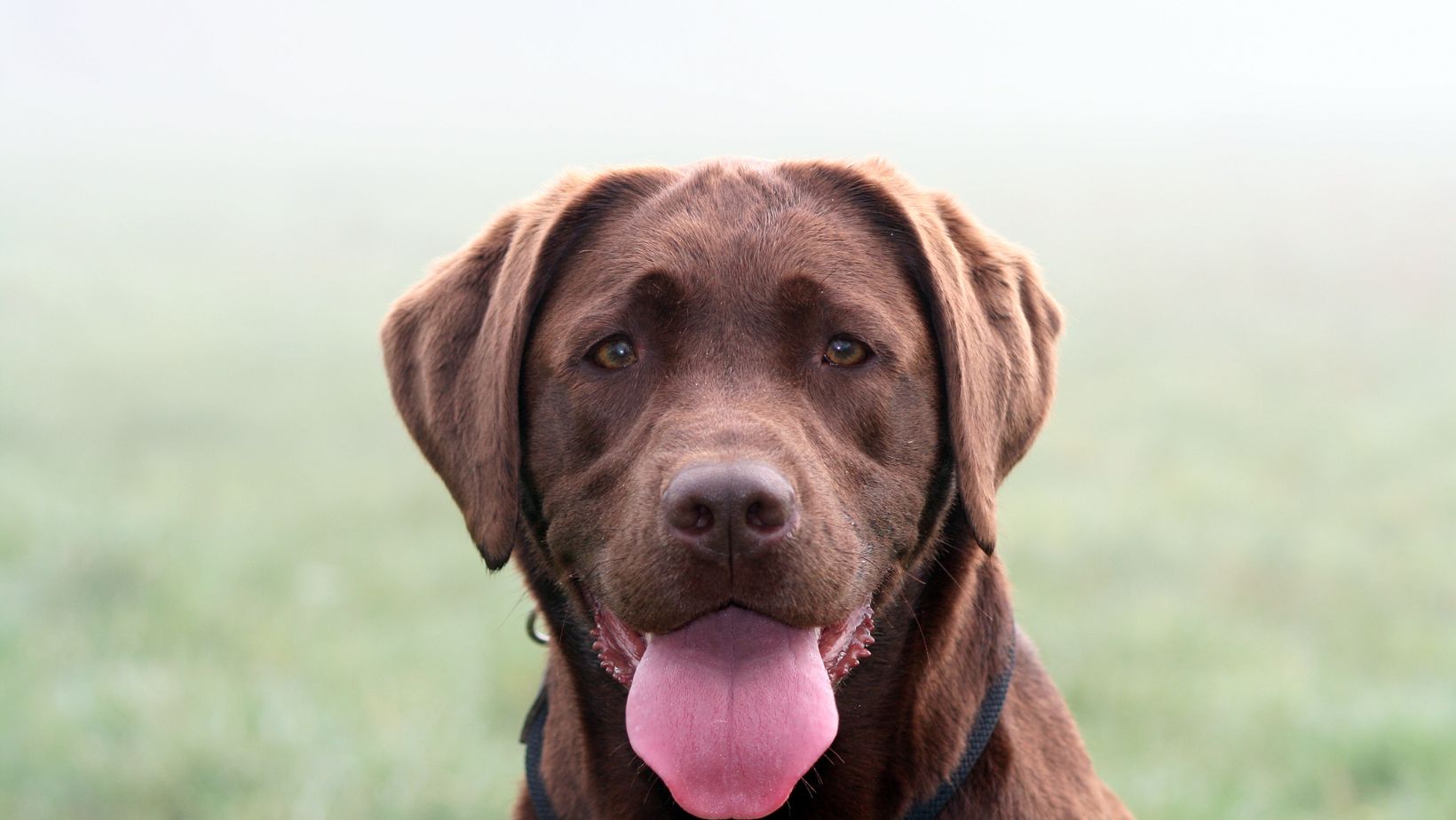If you’re wondering why your Labrador is sneezing, there could be a few possible reasons behind this common phenomenon. Sneezing in dogs can be triggered by various factors, including allergies, irritants, or even foreign objects lodged in their nasal passages.
Why Is My Dog Sneezing
One possible reason why your Labrador is sneezing could be due to allergies or irritants. Just like humans, dogs can develop allergies to various substances in their environment. These may include pollen, dust mites, mold spores, or certain foods. When a dog comes into contact with an allergen, it can trigger a sneezing response as the body tries to expel the irritant.
Some common signs of allergies in dogs include excessive sneezing, itching, redness or inflammation of the skin, watery eyes, and nasal discharge. If you notice your Labrador sneezing frequently and displaying other allergy symptoms, it’s important to consult with your veterinarian for proper diagnosis and treatment options.
Respiratory Infections
Another potential cause for your dog’s sneezing could be a respiratory infection. Dogs can contract viral or bacterial infections that affect their respiratory system, leading to symptoms such as coughing, wheezing, and yes – even sneezing. Respiratory infections are more common in areas where dogs are in close proximity to each other such as boarding facilities or dog parks.
Foreign Objects in the Nose
Sometimes dogs may start sneezing excessively if they have something lodged in their nose. This could be anything from grass seeds or plant debris to small toys that they have managed to sniff up accidentally. The irritation caused by these foreign objects triggers frequent bouts of sneezing as the dog tries to dislodge them.
If you suspect that there might be a foreign object causing your Labrador’s excessive sneezing episodes, do not attempt to remove it yourself. Trying to extract an object from a dog’s nose without professional assistance can cause further irritation or injury. Instead, bring your dog to the vet who will safely and effectively remove the foreign object if present.

Environmental Allergies
Environmental allergies are quite common in dogs and can be triggered by various factors present in their surroundings. These allergens may include pollen, mold spores, dust mites, or certain chemicals found in cleaning products or air fresheners. If your Labrador is constantly exposed to these irritants, it could result in frequent sneezing episodes.
To help alleviate environmental allergy symptoms for your dog, consider taking the following steps:
- Keep your home clean and free from excessive dust or debris.
- Avoid using strong chemical cleaners or fragrances that may trigger an allergic reaction.
- Consider using air purifiers or filters to reduce the amount of airborne allergens.
- Limit outdoor activities during peak pollen seasons.
Food Allergies
While less common than environmental allergies, food allergies can also contribute to sneezing in dogs. Certain ingredients such as grains (wheat, corn), proteins (beef, chicken), or additives (artificial preservatives) can trigger an immune response leading to nasal irritation and subsequent sneezing.
If you suspect that your Labrador has food allergies as the underlying cause of their sneezing, consult with your veterinarian who may recommend an elimination diet or allergy testing to identify specific triggers. Once identified, you can then adjust their diet accordingly to minimize exposure and alleviate symptoms.
Seasonal Allergies
Similar to humans experiencing hay fever during certain times of the year due to seasonal changes and increased pollen levels, dogs can also develop seasonal allergies. If you notice that your Labrador’s sneezing tends to worsen during specific seasons, it could be an indication of seasonal allergies.
To help manage your dog’s seasonal allergies and reduce sneezing, consider the following measures:
- Keep your dog indoors during peak pollen times or utilize protective clothing like doggy boots and jackets.
- Wipe down your dog with a damp cloth after outdoor excursions to remove any allergens from their fur.
- Consult with your veterinarian about potential antihistamine medications or allergy shots that may provide relief.
In conclusion, Labradors, like any other breed, can develop respiratory infections that may manifest as sneezing. Identifying the underlying cause and seeking prompt veterinary care is vital for your dog’s health and well-being. Keep a close eye on your furry friend and provide them with the necessary care they need to recover from any respiratory issues they may be experiencing.